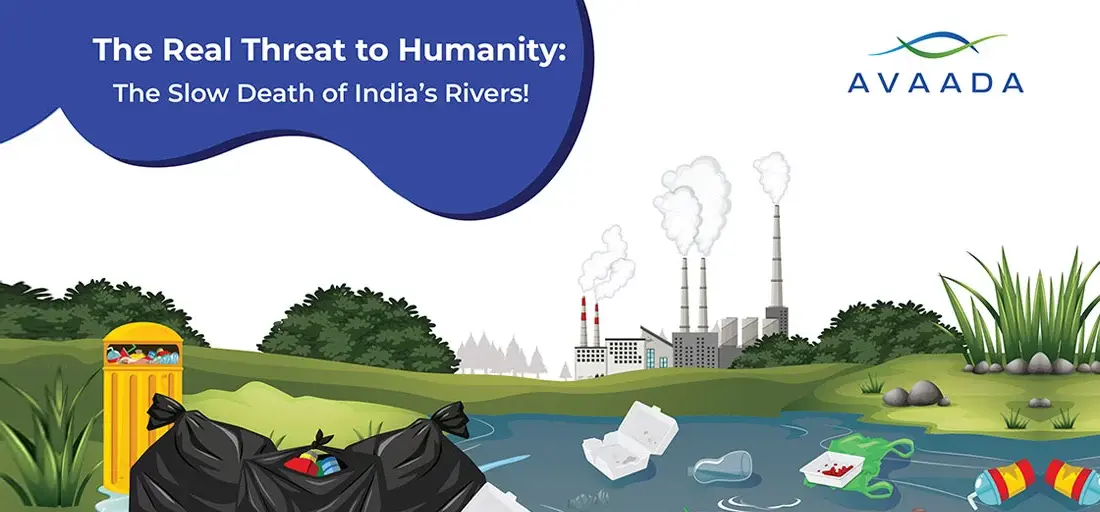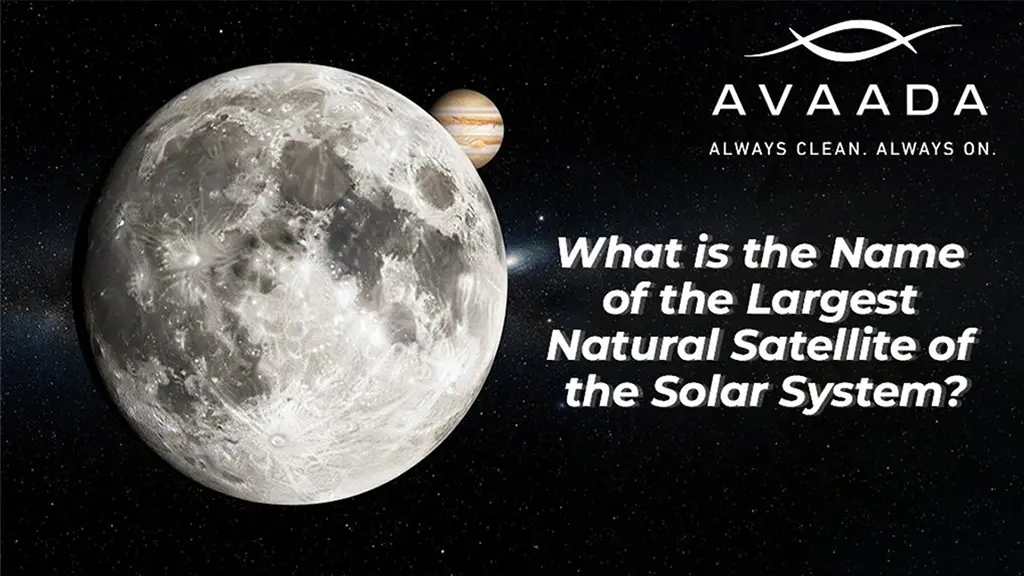In the profound words of the ancient Vedas, rivers are not merely water bodies; they are the arteries of our Mother Earth, pulsating with life and sanctity. The Rigveda extolls, “सिन्धुना मातरा यातः” – “Sindhu in might surpasses all the streams that flow.” This reverence encapsulates the essence of Indian culture’s deep-seated bond with nature, viewing rivers as maternal figures nurturing civilization. Yet, as we mark the International Day of Action for Rivers, we stand at a pivotal juncture, witnessing the gradual demise of these revered entities, now posing a stark threat to humanity.
The Sanctity of Rivers in Indian Culture: Historically, Indian culture has celebrated the sanctity of rivers, embedding their significance in rituals, traditions, and daily life. The Ganges, Yamuna, Saraswati, and countless other rivers are not just water sources; they are regarded as divine, capable of purifying one’s soul and offering salvation. These beliefs are not just spiritual but have been the bedrock of sustainable living, encouraging the protection and reverence of natural resources.
The Looming Crisis: However, the contemporary narrative starkly contrasts with these age-old values. Our rivers, the cradles of civilization, now face existential threats from pollution, over-exploitation, and climate change. The alarming reduction in their flows, coupled with the degradation of water quality, stands as a testament to the environmental apathy that has crept into our societies. The scientific community echoes this concern, highlighting how unsustainable practices and industrialization have led to the eutrophication, contamination, and silting of these water bodies.
The Real Threat to Humanity: The decline of river health is not just an environmental issue; it’s a direct threat to our survival. Rivers are the lifelines of millions, providing water for drinking, agriculture, and industry. The dwindling flow and polluted waters threaten food security, livelihoods, and health, pushing us towards a water-scarce future. Studies predict severe water stress and a significant decrease in water availability if current trends persist, underscoring the urgency for action.
Bridging Spirituality and Science: On this International Day of Action for Rivers, it’s imperative to forge a synergy between our spiritual heritage and scientific understanding. Indian culture, with its holistic worldview, offers a unique perspective that can complement modern environmentalism. By rekindling the reverence for nature ingrained in our traditions, we can foster a culture of conservation and respect for the environment.
A Call to Action: This day calls for a collective awakening to the plight of our rivers. It’s a call to blend the ancient wisdom of our scriptures with the pragmatic solutions of science. Initiatives like afforestation along riverbanks, sustainable water management practices, and stringent pollution control measures need to be accelerated. Furthermore, public awareness campaigns, community engagement, and policy reforms must be prioritized to restore the health of our rivers.
As we observe the International Day of Action for Rivers, let us reflect on the profound words of our ancestors and the dire warnings of science. Our rivers, once the epitome of purity and life, now beseech us for salvation. It’s a clarion call for humanity to reforge its bond with nature, embracing the principles of conservation and sustainability enshrined in Indian culture. Only through a united effort can we avert the looming crisis and ensure that our rivers continue to nurture life for generations to come.









